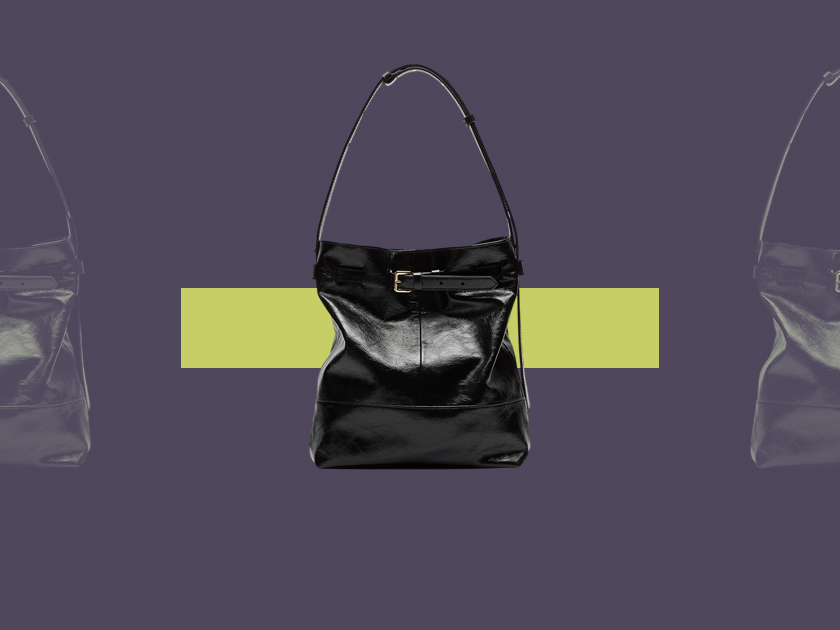In the past decade, French spirits have seen a comeback: on supermarket shelves or the shelves of wine merchants, French vodka, gin and brandy now compete with their Swedish or English competitors.
If these strong spirits have the wind in their sails, it is partly thanks to a new generation of distillers. Neo-artisans attentive to the environment and eager to safeguard an endangered know-how, who adopt old alembics (abandoned because the law applies a surcharge to those who make home-made liqueur) and stock up on local flowers and plants.
Surprise (no): Women have long been kept away from wines, spirits and other digestifs. Rarely landowners, neither employees nor partners, were notably banned from the cellar (where vinification and aging takes place), because according to popular (read: misogynistic) belief, their mere presence would cause the wine to rot. But While there are now many vintners, women are still rare in the liquor industry. When she retired in 2014, Pierrette Trichet was the first and sole cellar mistress of a cognac house!
Here are some distillers who make their distillates the old-fashioned way and prefer a small, quality, reasoned and reasonable production. Precious bottles to be enjoyed smooth or in cocktails, but above all in moderation.
Copper Heart (Vauvert, Gard)
To hell with her career as a chemist in the pharmaceutical industry: in 2018, Julia Marti changed her life and gave two centenary stills a second. Founding member of the Alambic association (the nickname of the union of independent distillers), he prepares a sort of local Apérol based on bitter oranges or even “Pastamièch ‘”, an aniseed with wild plants.
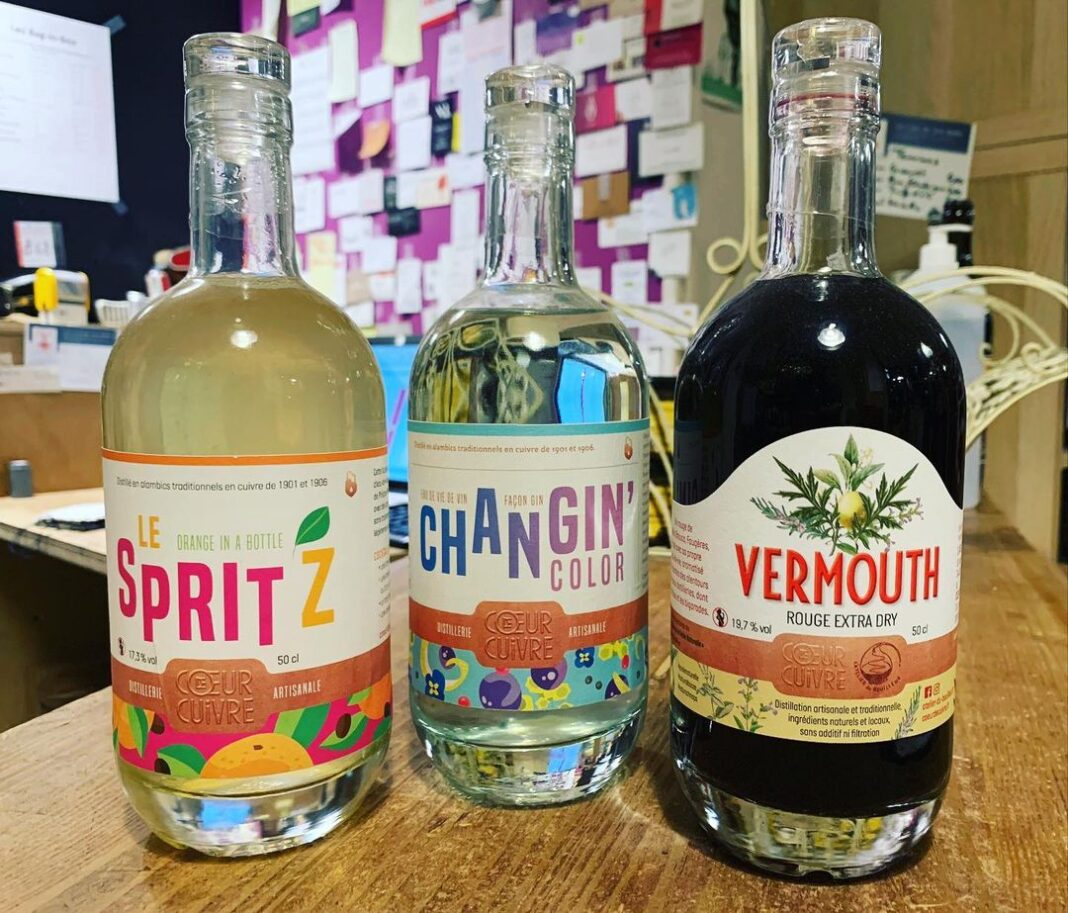
La Thériaque Spirits (Montpellier, Herault)
Lana Labermeier and Sunshine Erickson are two Americans who have given up everything – wine tasting and publishing, respectively – to live off collecting and fresh brandy. The botanicals that flavor their gins and vermouths are harvested from them, while the base alcohol is distilled from local, naturally occurring bunches of grapes. With their very aromatic Garrigue gin, you plunge headlong into the thyme, lavender and rosemary bushes.
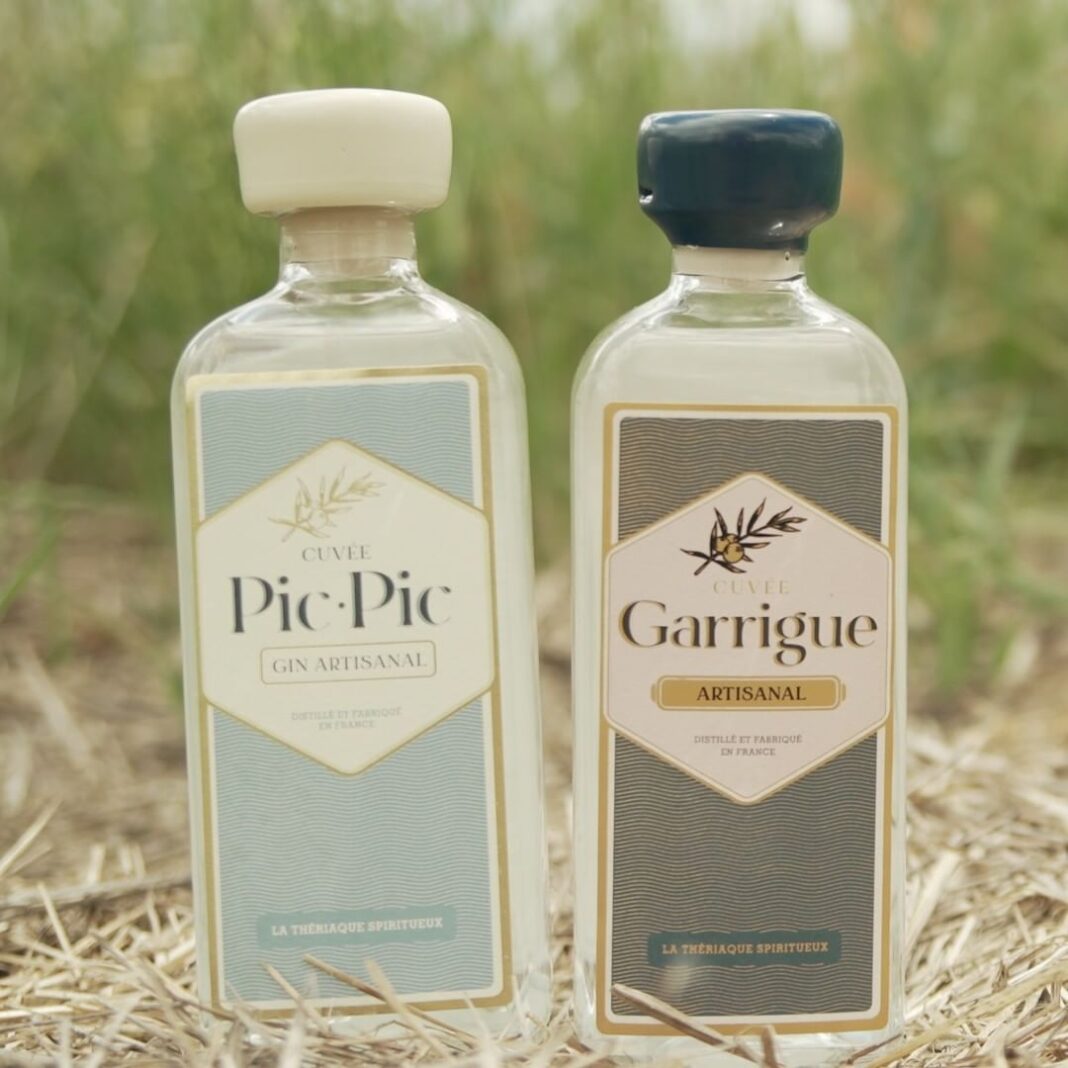
TOS (Aix-Noulette, North)
Between Béthune and Arras, Katy Gravina has swapped perfumery for whisky. For the past five years, the head of the alembic has reigned supreme at the renowned Brasserie Saint-Germain, founded by her husband and her brothers. Love at first sight when the installer arrives to install the device: she was trained in distillation and, three years later (the minimum aging to receive the appellation), she released the first whiskey made in Pas-de-Calais, christened Artesia.
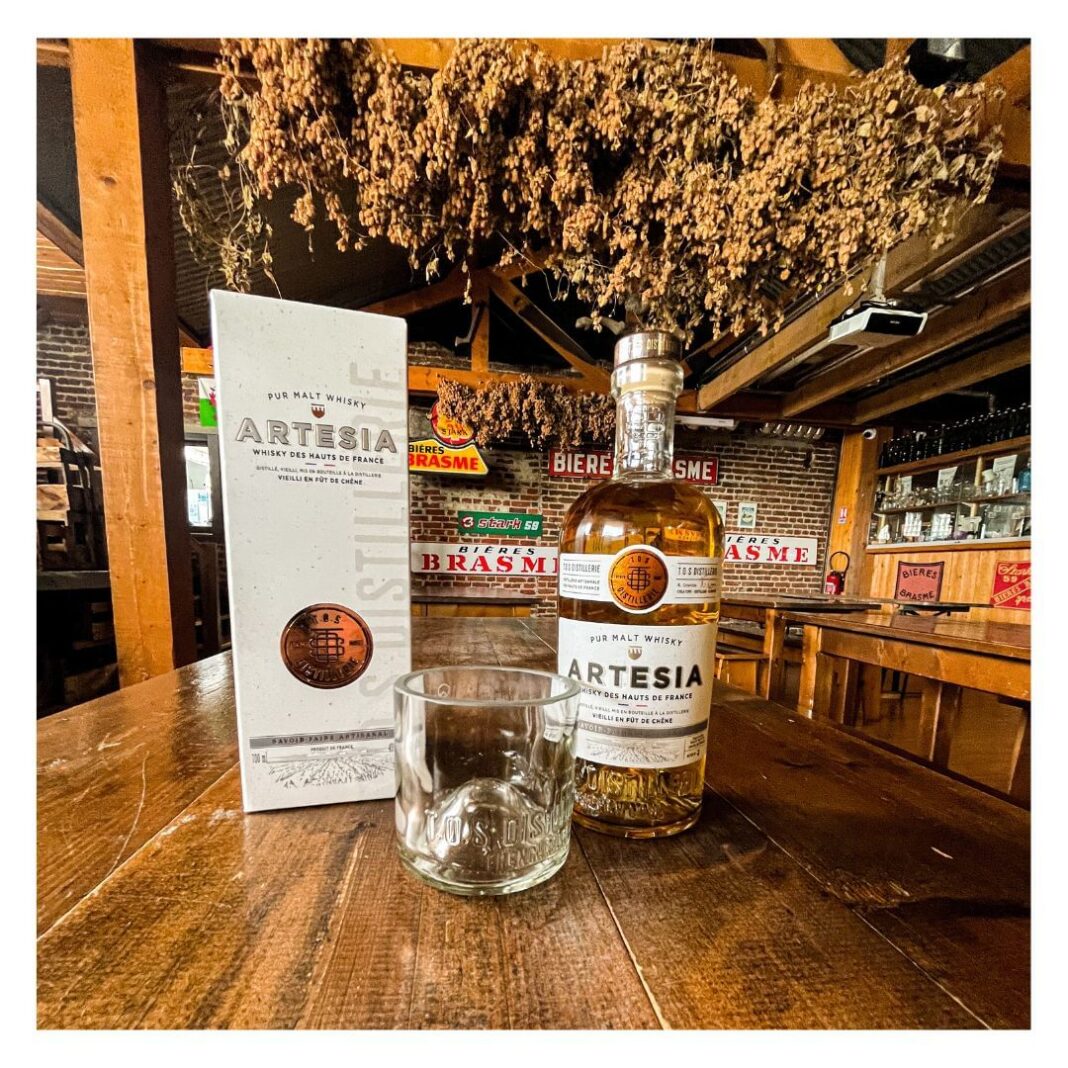
The boiler workshop (Autignac, Hérault)
Installed in a wine region (AOP Faugères) near Béziers, Theresa Bullmann and her partner Baptiste François distill the local grapes and harvest the surrounding plants, all natural or certified organic. Normal, for these signatories of the “Manifesto of natural liqueur”, the equivalent of the commitments made by natural winemakers: copper stills, local and ecological raw materials, zero inputs or additives. The result is a pure and intoxicating brandy: amaretto, lavender, cherry, flouve…
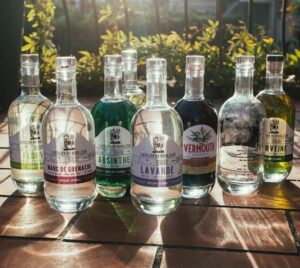
Chavanay Distillery (Chavanay, Loire)
Delphine Caty and Maxime Verzier live a few meters from the estate belonging to the latter’s family, a winemaker from father to son (organic and biodynamic) in the Saint-Joseph, Condrieu appellations… Exactly that. Inevitably, the brandy that serves as a base is made from their own pomace, while plants and flowers are gathered from their neighbours. Anise, vermouth or gin: it’s Pilat in the bottle. All certified organic and Nature & Progress!
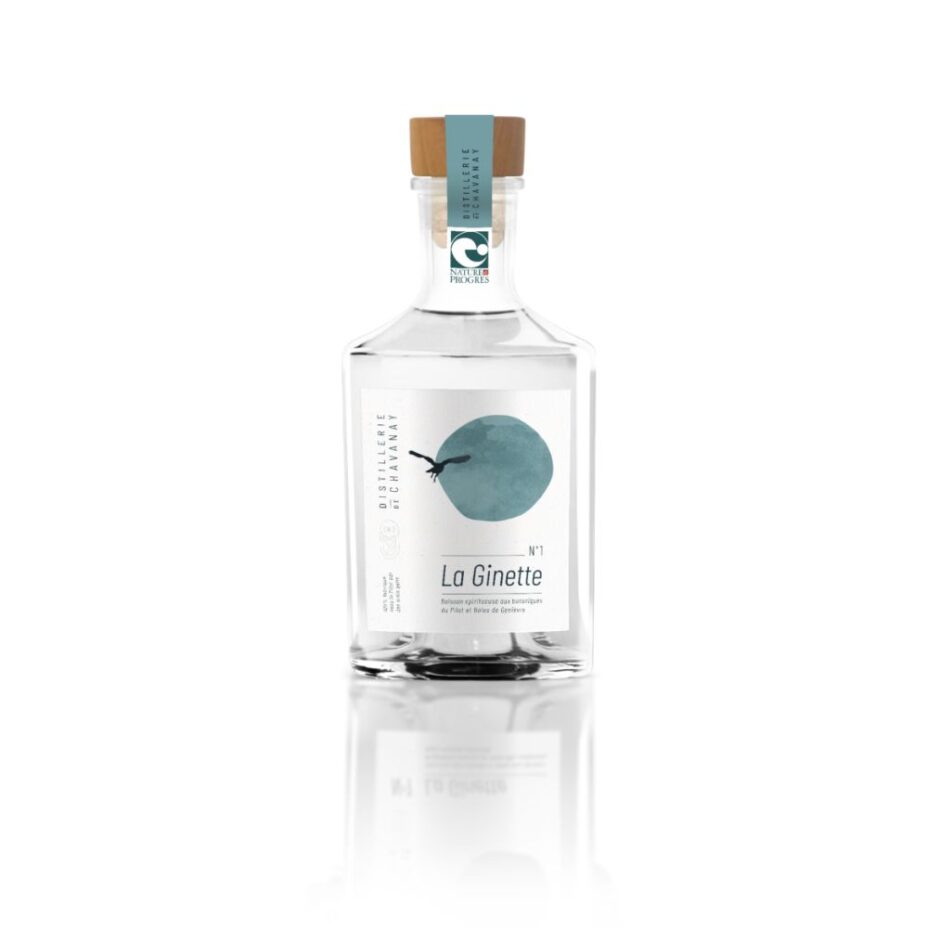
Spiral distillery (Katzenthal, Haut-Rhin)
Attention, exceptional alcohol! Distilled from the wines of Alsace, the brandy created by Claire Laura Monseau and Matthieu Schutzger dazzles your nostrils and dazzles your taste buds: strawberry-Sichuan, apricot-rosemary, thyme-lemon or liqueur with 30 (!) wild plants. Modern and avant-garde distillates, whose raw materials are – of course – hand-picked in the region.
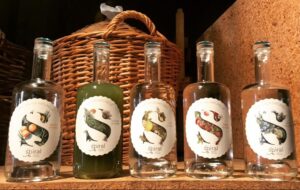
Spiral Distillery : 5 rue du Four, Ammerschwihr, France.
Divine Distillery (Vallet, Loire-Atlantique)
It was in Scotland, on the whiskey route, that Marina Noury discovered distillation. She graduated in international logistics, after fifteen years of warehouse and goods management, she settled in a former cellar near Nantes. Two nearby winemakers supply him with the raw material and nature offers him the rest for his malts, verbena or rosehip liqueurs, spiced or flavored gins. Without additives or enhancers, Of course.
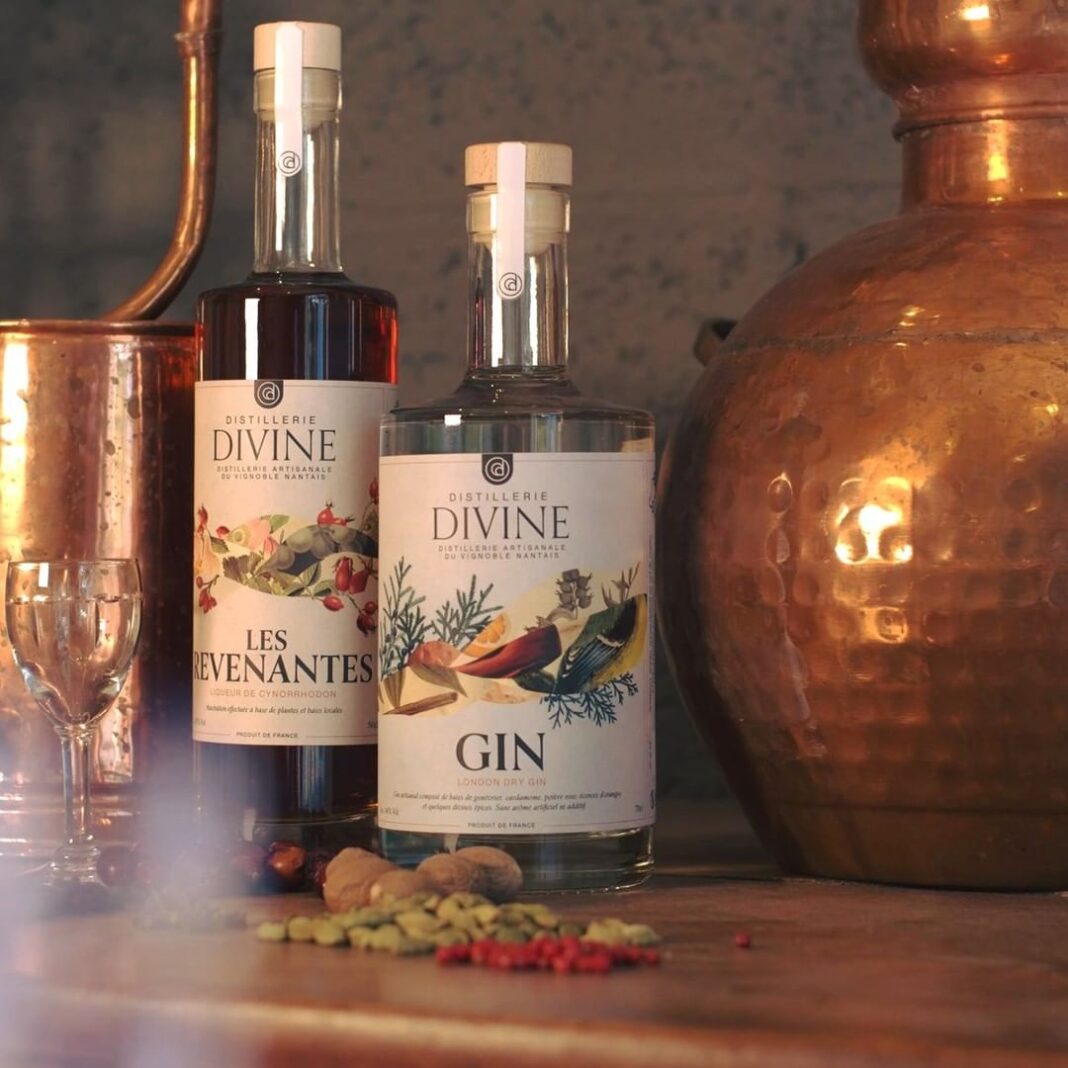
Entropy (Autrans-Méaudre in the Vercors, Isère)
We saw them in the Vercors, warming up their stills… Léa Verrier and David Wehrung, the heads of this “wild distillery” planted in an idyllic mountain landscape, known from the engineering school in Strasbourg. Change of scenery in 2021: the two friends adopt Roderic the alembic to produce organic and responsible distillates. Meadow flower vodka, alpine liqueur, sichuan pepper or sea buckthorn gin or even a mysterious anise “for those who don’t like pastis”.
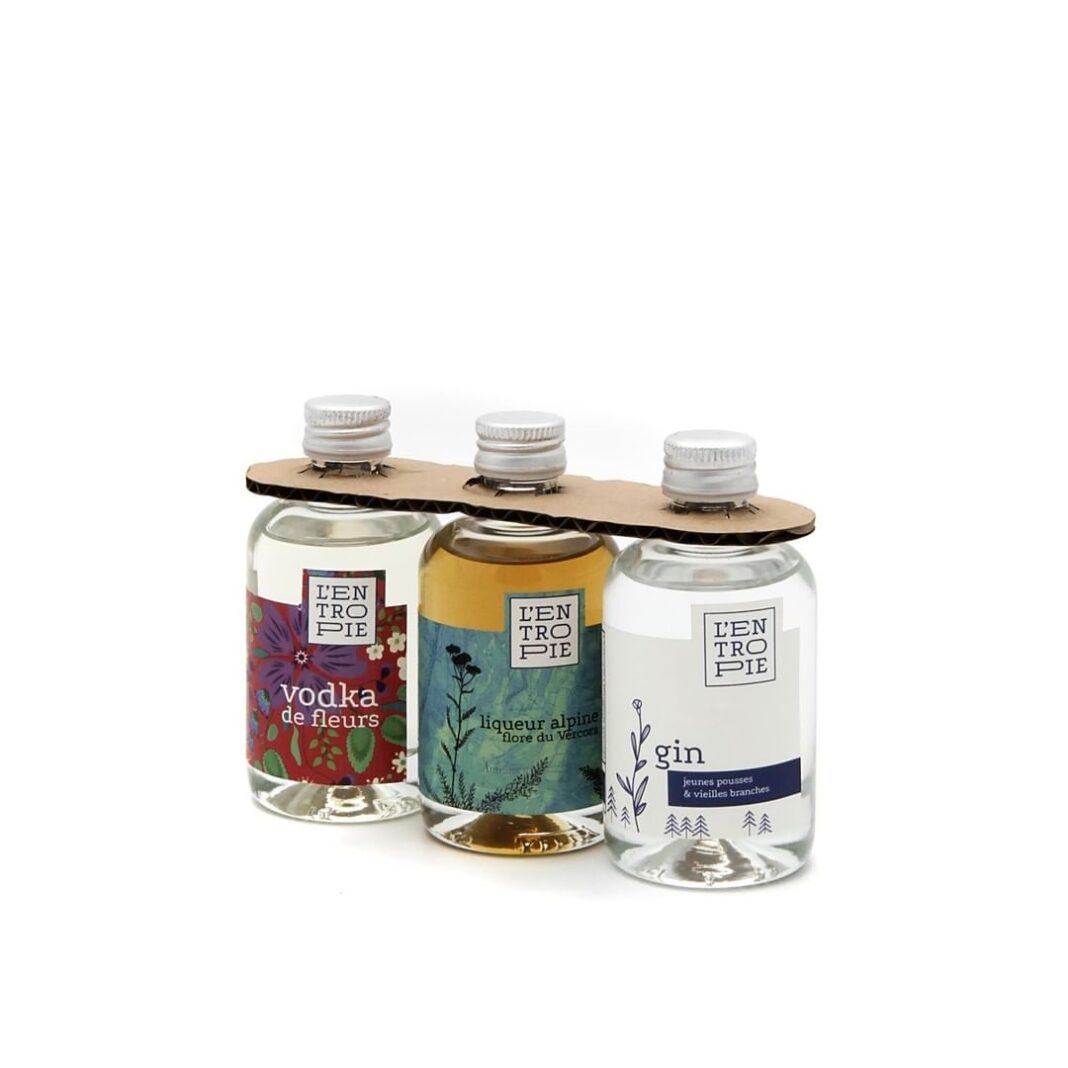
Alcohol is dangerous to your health and should be consumed in moderation.
Cover photo: Solstock by Getty Images Signature via Canva.
Source: Madmoizelle
Elizabeth Cabrera is an author and journalist who writes for The Fashion Vibes. With a talent for staying up-to-date on the latest news and trends, Elizabeth is dedicated to delivering informative and engaging articles that keep readers informed on the latest developments.


